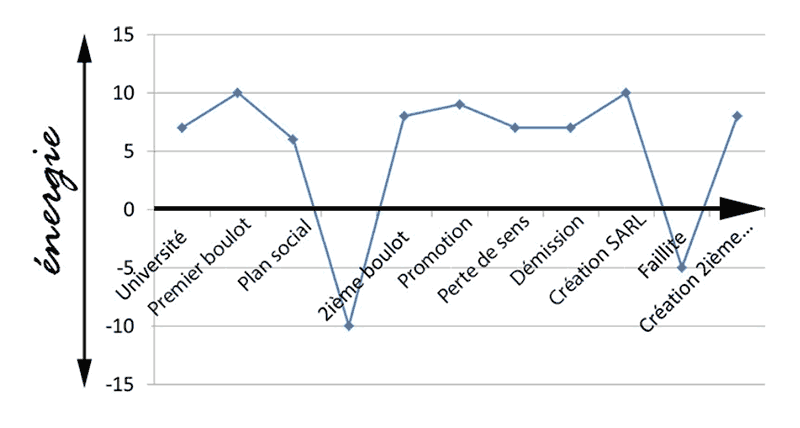Consumption of food supplements rich in omega-3 or vitamin D would not prevent systemic inflammation.

The effect of dietary supplements is not always guaranteed. American researchers show that the supposed benefits of omega-3 fatty acids and vitamin D on systemic inflammation are not guaranteed. In the specialist journal Clinical Chemistrythey find that, over a period of one year, there is no difference between participants who take it and those who do not.
Inflammation is linked to many diseases
Systemic inflammation is a reaction of the organism to a pathology, an infection or any form of aggression. It can be a symptom of heart disease, cancer or even a neurodegenerative disease such as Alzheimer’s. According to the researchers, many people consume omega-3s and vitamin D in the form of dietary supplements to protect against inflammation.
The scientists looked at three biomarkers: interleukin 6 (IL-6), tumor necrosis factor receptor 2 (TNFR2) gene and high-sensitivity C-reactive protein (hsPCR) level. These three markers are a diagnostic tool for doctors when it comes to assessing the level of inflammation. All 1,500 participants were tested at the start and end of the study, a year later. In the meantime, one part took daily omega-3s and/or vitamin D, the other received placebos.
Well assimilated supplements, but absent benefits
After a year, researchers found that participants taking dietary supplements assimilated them well, as their levels of vitamin D and omega-3 in the blood increased significantly. On the other hand, none of the supplements made it possible to reduce the levels of the biomarkers of inflammation. People who took vitamin D even had an 8.2% higher level of IL-6, compared to those who only had access to the placebo.
The researchers conclude that supplementation has no interest in preventing inflammation and now want to work on the effects of these dietary supplements on cardiovascular disease and cancer.
.
















